Key Takeaways
- Northeastern University’s acquisition of Burlington BioCenter for $33 million represents a significant 68% decrease in value from previous assessments by MetLife.
- This expansion aims to boost Northeastern’s life sciences research capabilities outside the busy Boston area.
- The transaction underscores the necessity for investors to strategically reassess their positions in the unpredictable and booming Boston life sciences sector.
Acquisition of Burlington BioCenter: A Strategic Move in a Volatile Market
Northeastern University has acquired Burlington BioCenter for $33 million, marking a dramatic 68% loss from MetLife’s valuation. Located beyond the Boston buzz, this move expands life sciences research capability.
Investors now face volatile valuations within Boston’s booming life sciences sector, akin to traversing Boston’s labyrinthine streets without a map.
This acquisition emphasizes the urgent need for strategic repositioning amidst market unpredictability. Investors seeking insight into this complex scenery may find critical details ahead.
Northeastern’s Strategic Real Estate Acquisition
Amidst the skyline of Boston, a seismic shift is unfolding in the real estate domain with the sale of the Burlington BioCenter, a key life science asset.
This pivotal transaction underscores stark market trends, as Northeastern University acquires the Burlington BioCenter at 4 Burlington Woods Drive for a sum that lays bare a 68% loss from MetLife Real Estate’s previous valuation.
In a strategic move to enhance its life sciences research capabilities, Northeastern’s acquisition comes marked by the facility’s state-of-the-art infrastructure, turnkey laboratories, and modern buildouts poised for immediate use.
High demand for life sciences facilities characterizes the market, yet this transaction stands out for occurring at a steep discount.
As immigration continues to bolster housing markets, the life sciences sector remains critical to Boston’s economic landscape.
This development in Burlington—close to Boston’s historic Faneuil Hall and vibrant life sciences scene—provides a cautionary tale of investment volatility amid burgeoning opportunities.
As Northeastern claims this asset, the university aims to expand its research and innovation footprint beyond its Boston campus.
Strategically poised to boost the region’s reputation for innovation, the facility offers a unique edge with cutting-edge systems and the potential to promote collaborations with local businesses.
Real estate transactions are governed by laws, regulations, and legal procedures essential for buying, selling, and renting, highlighting the need for compliance in such deals.
This sale places pressure on investors grappling with shifting valuations in the life sciences arena.
In recent months, despite a challenging market, other property acquisitions in the area include EQT Exeter’s $41 million investment in an industrial building in Greensboro, NC, highlighting a competitive real estate landscape.
MetLife’s divestment, brokered by Newmark’s Capital Markets team led by Robert Griffin, Edward Maher, and Matthew Pullen, illustrates a significant market downturn.
The sale price at $33 million reflects a considerable discount compared to other significant life sciences transactions in the region, illuminating the unpredictable nature of market trends.
The facility’s immediate occupancy potential sets the stage for Northeastern to reposition itself within the life sciences sector by seizing growth opportunities and competitive advantages.
Concerns brew as other holders of life sciences properties ponder the long-term impacts of such market shifts on their portfolios.
For Northeastern, this acquisition is a potential gamechanger.
The boost in research capacities promises to enhance the local life sciences ecosystem while contributing to regional economic growth—a priority in an evolving market environment.
This strategic investment aligns with ongoing efforts to engage with the community and cultivate local partnerships.
The steep price dip raises eyebrows among real estate observers attuned to fluctuations that impact investment strategy.
MetLife’s sale signifies a massive financial recalibration, driving real estate investors to reassess risks associated with life sciences holdings.
Opportunities for local collaboration aligned with Northeastern’s goals suggest a silver lining despite the dramatic headline.
The deal’s dynamics reflect broader uncertainties that perturb stakeholders balancing ambition with caution.
Ultimately, the Burlington BioCenter’s shift from MetLife to Northeastern underscores the complexities within real estate markets tied to burgeoning industries like life sciences.
This developing narrative of loss and opportunity reminds Boston’s real estate community to remain vigilant as they steer through the unpredictable currents of real estate investments.
Assessment
Well, Boston’s real estate scene has certainly felt a tremor.
With Northeastern University snapping up a life science property at a whopping 68% loss for the seller, it’s a wake-up call for investors.
Even the iconic Green Monster can’t overshadow the volatility that’s putting folks on edge.
What was once Uptown’s golden era now sounds more like a cautionary tale.
For anyone with a stake in the game, it’s time to pause and rethink strategies.
The Boston market’s landscape seems as shifty as ever, and the signals are loud and clear.
So, if you’re in real estate, or even considering it, a reevaluation of your approach might be in order.
Don’t wait until it’s too late—take a proactive step and recalibrate now.
























4 Responses
While the Burlington BioCenter acquisition sounds strategic, isnt Northeastern just scavenging discounted real estate due to the volatile market? A calculated risk, maybe?
Wow, a 68% loss? Seems like Northeasterns playing Monopoly with real estate. Hoping this isnt a precursor to tuition hikes, man!
Why the hell is a university buying a failing asset? Isnt Northeastern just throwing money into a money pit? Seems like a reckless move.
Does anyone else think Northeasterns real estate acquisition might be a desperate move in this volatile market rather than a strategic one?